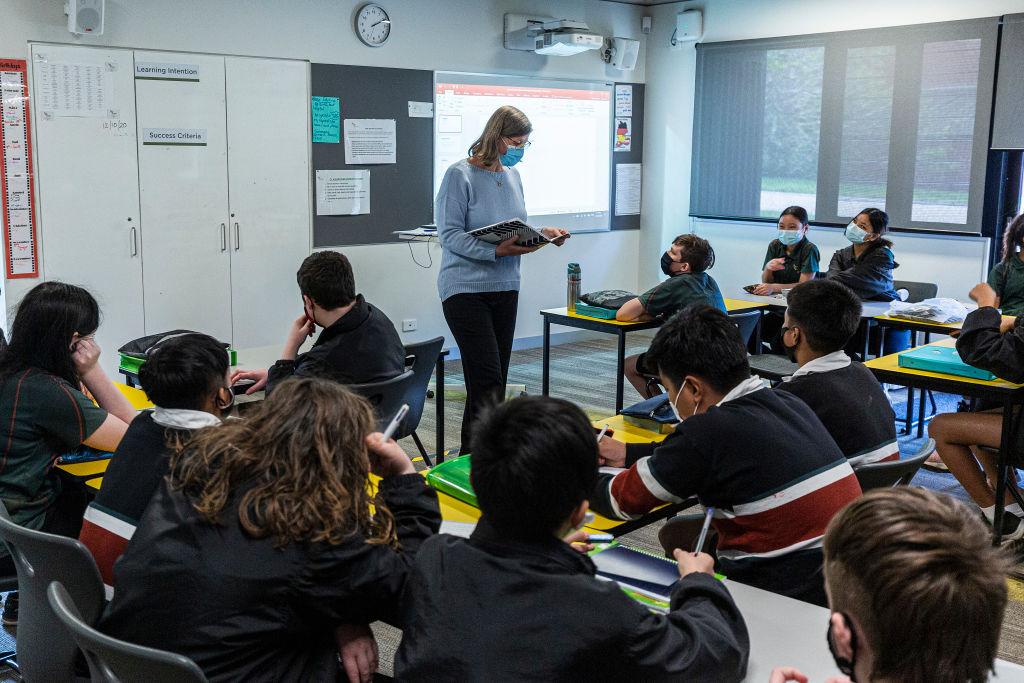Teachers are ill-equipped to tackle controversial issues in the classroom, which has contributed to students’ poor grasp of social and political affairs, according to an associate professor.
In March, the Joint Standing Committee on Electoral Matters launched an inquiry to look into Australia’s civics education after data showed the current approach wasn’t working.




